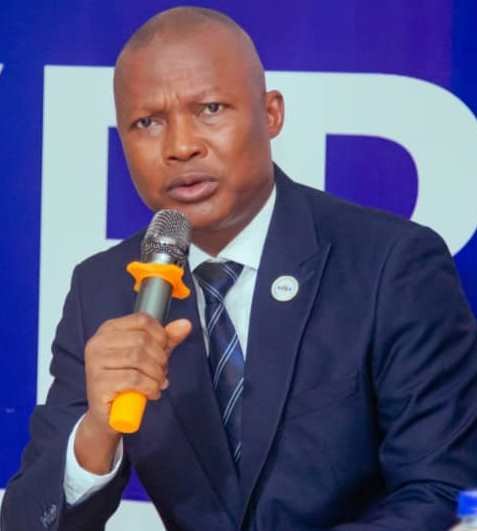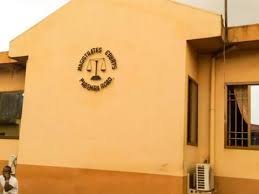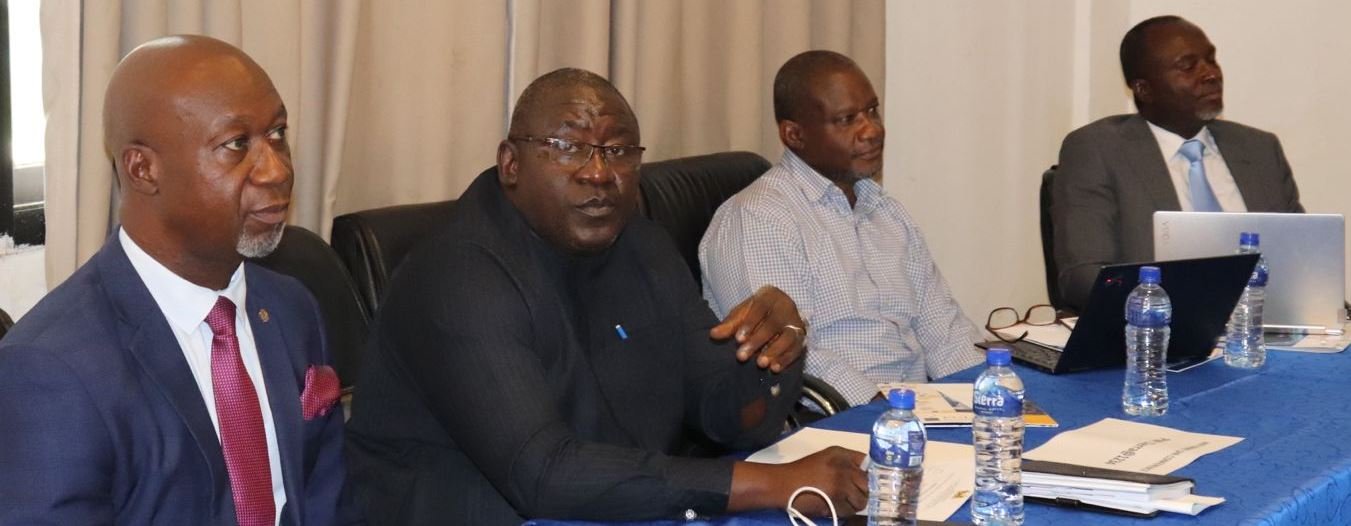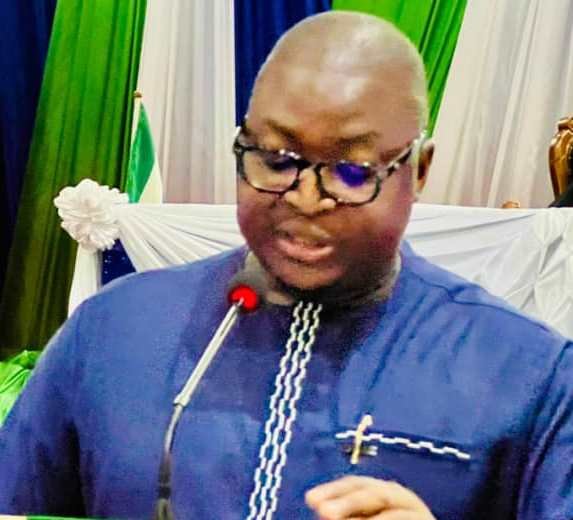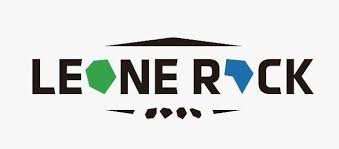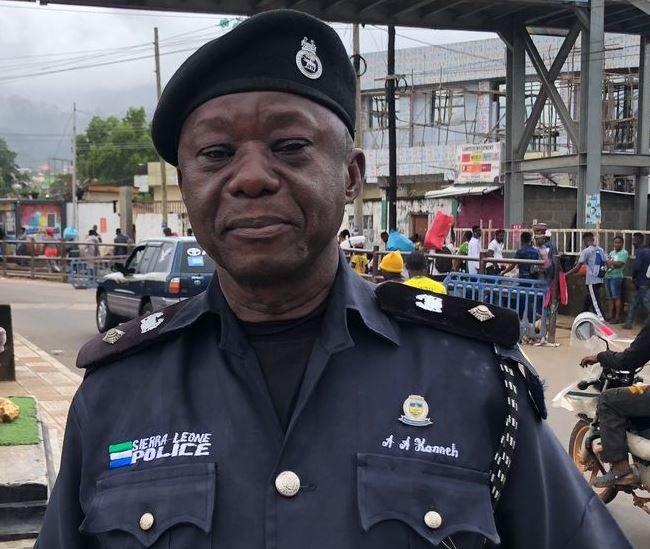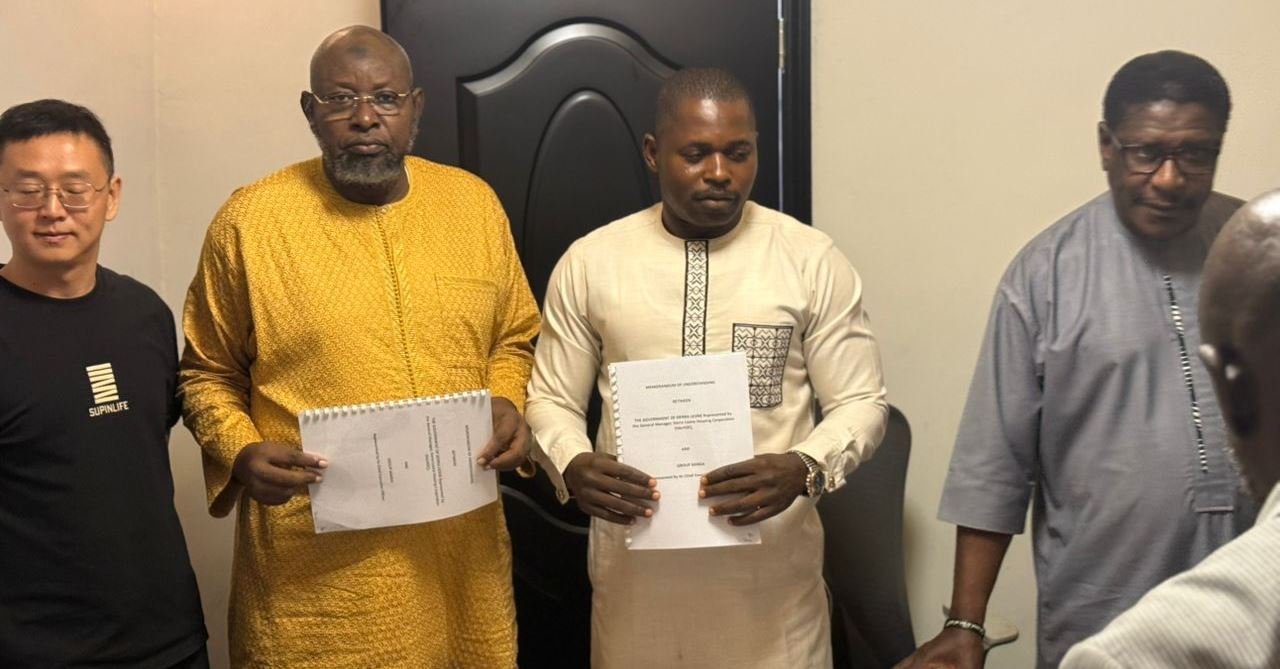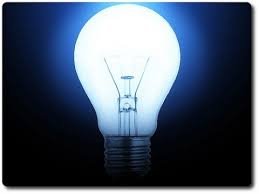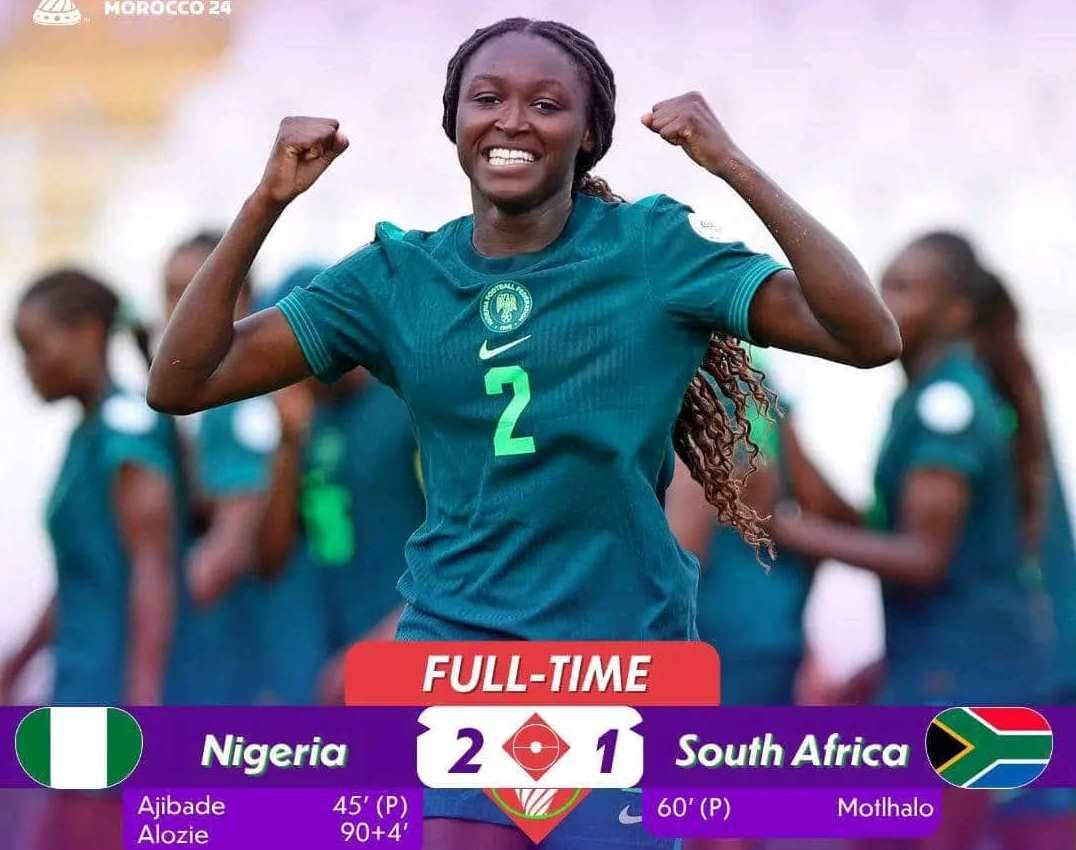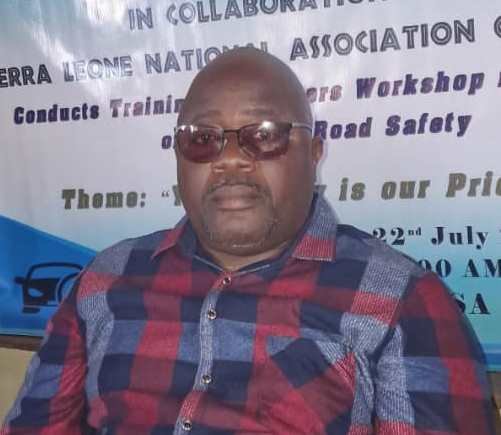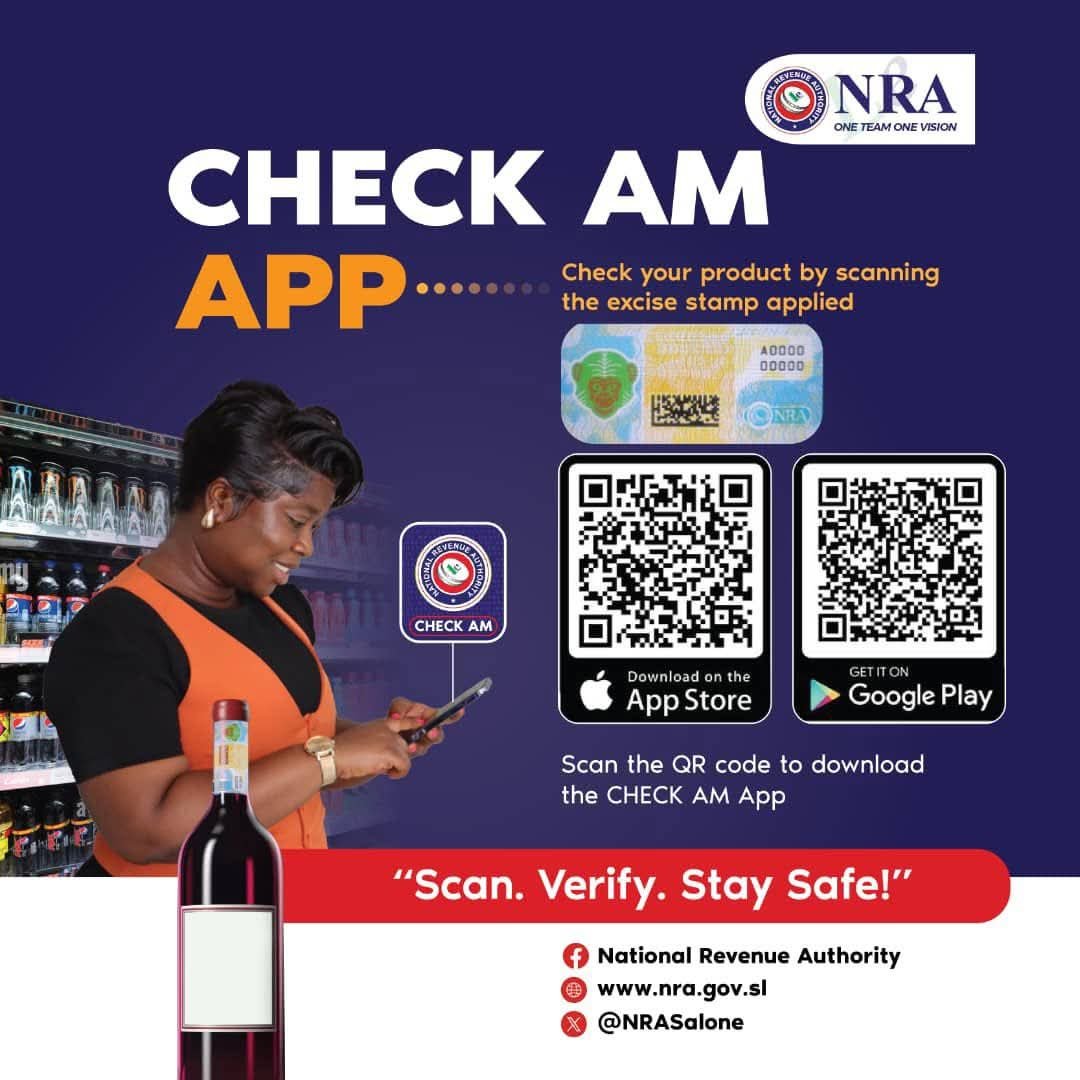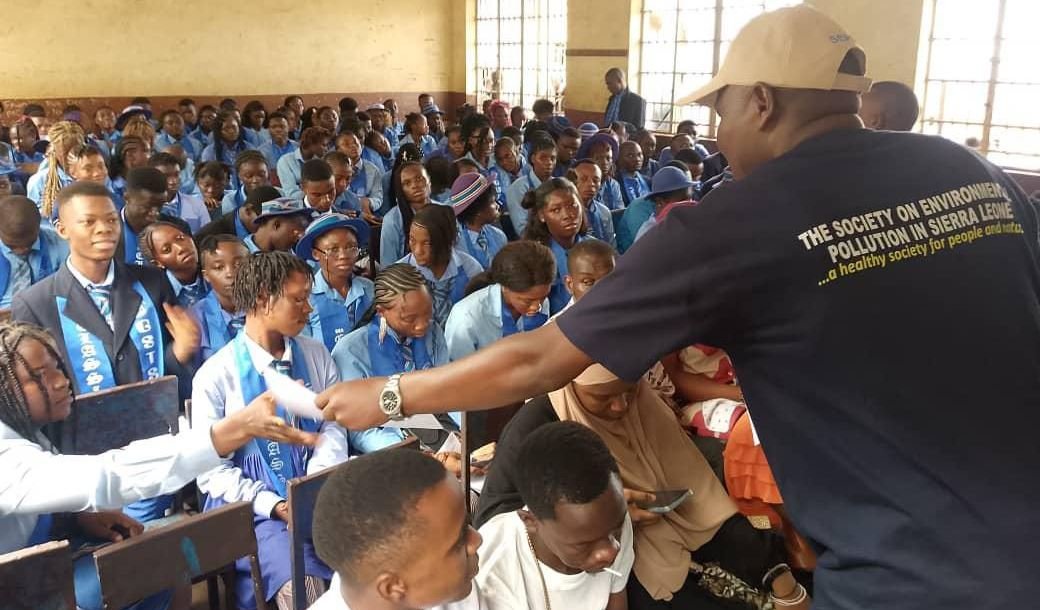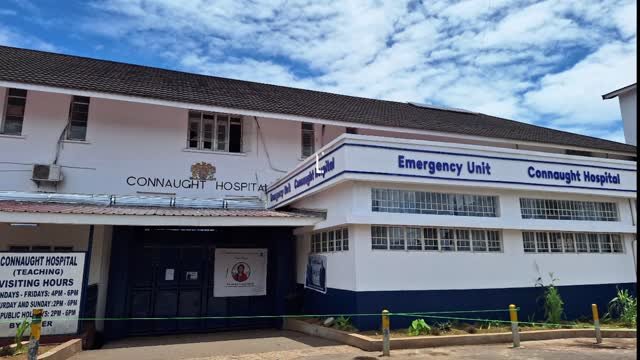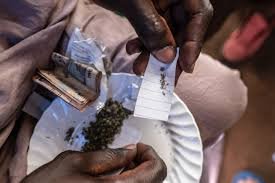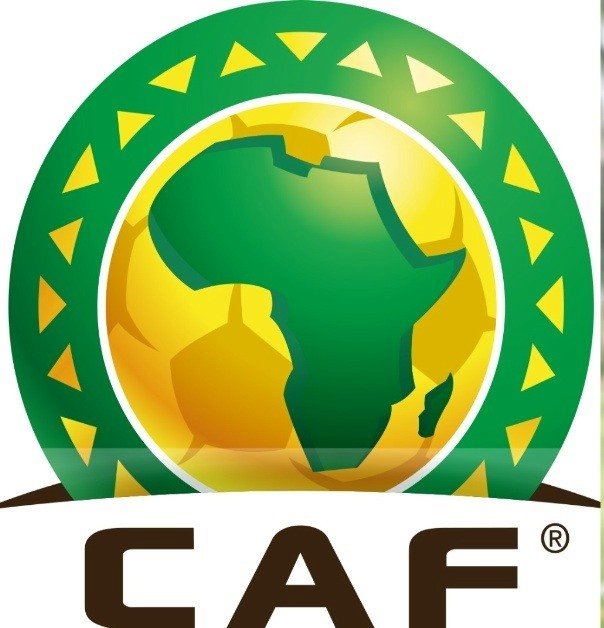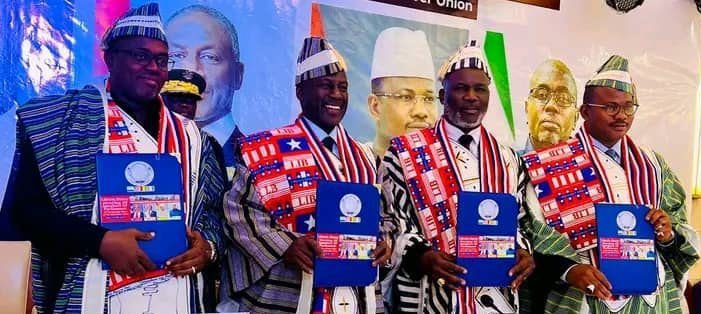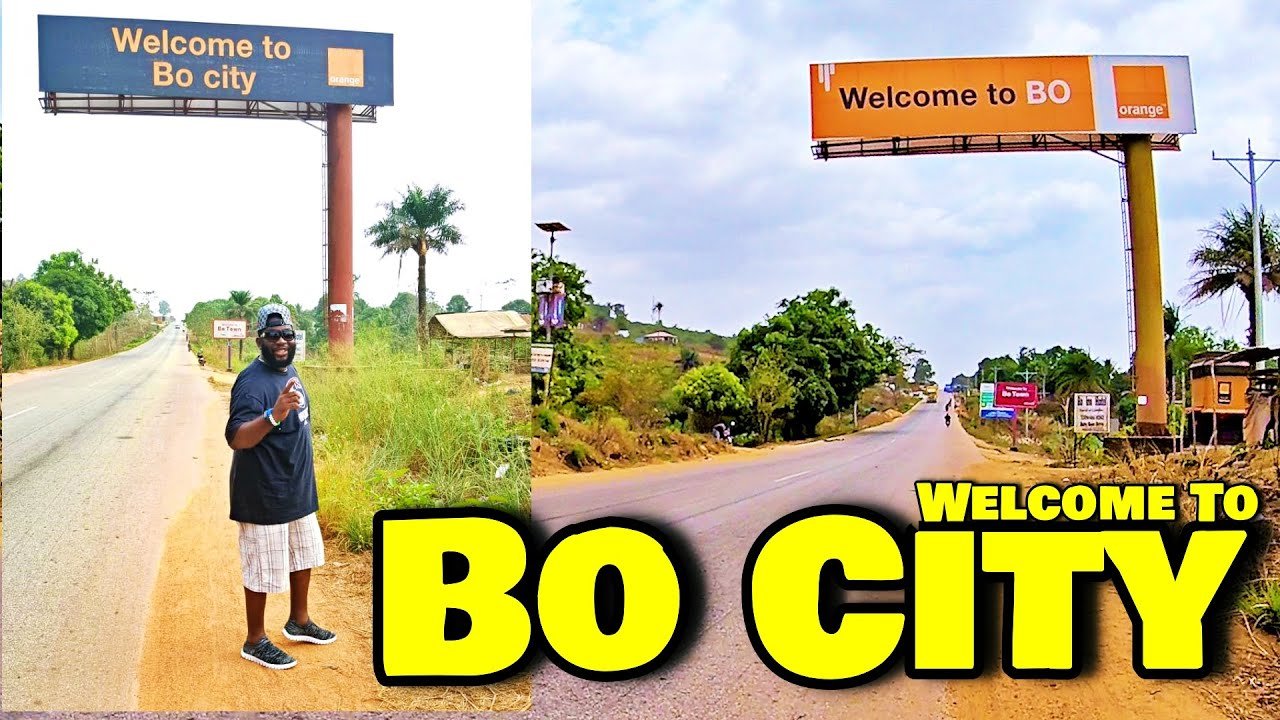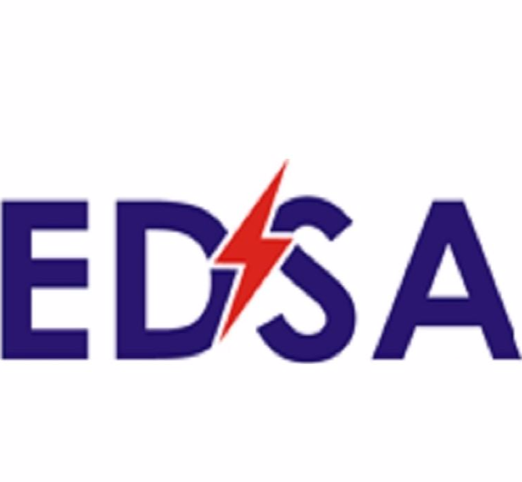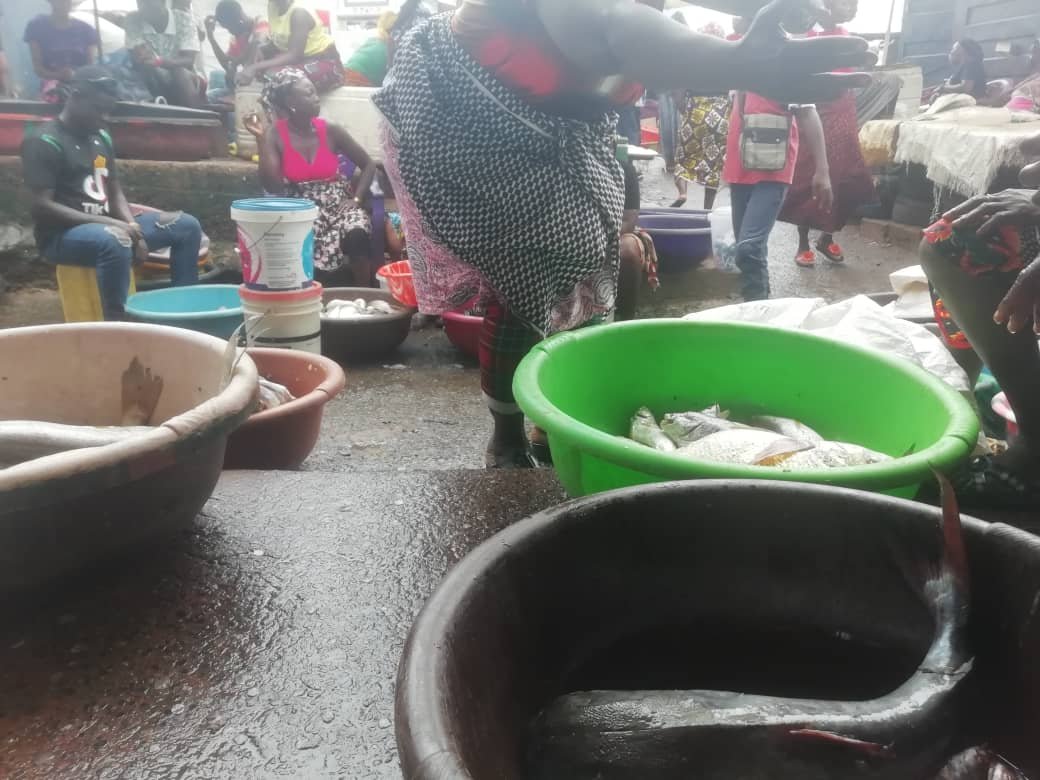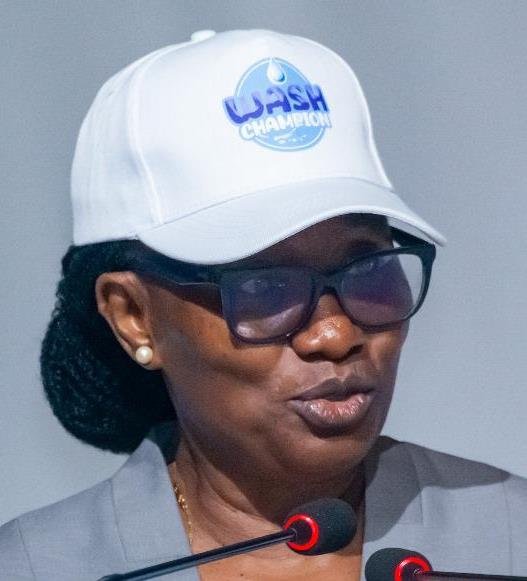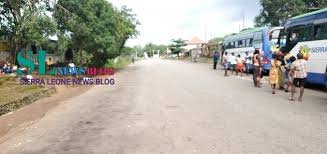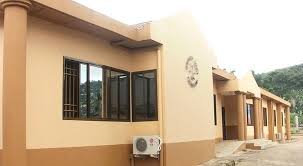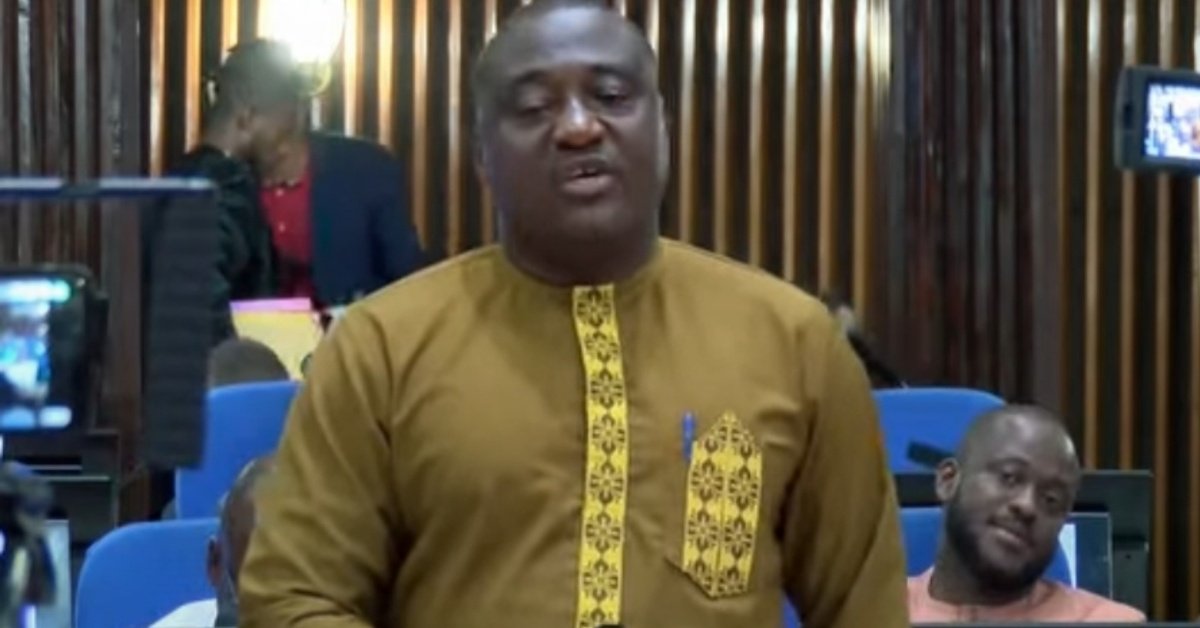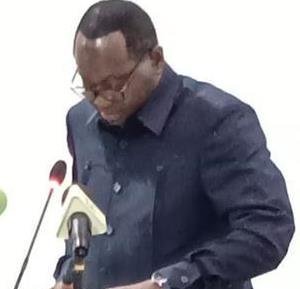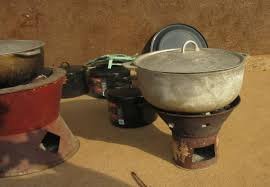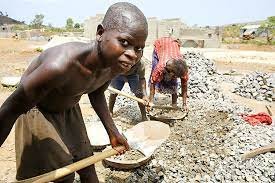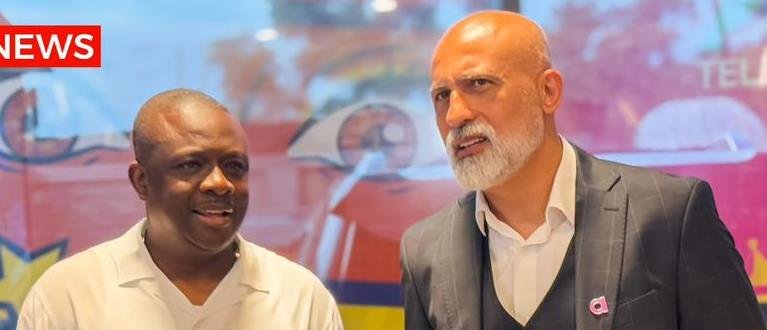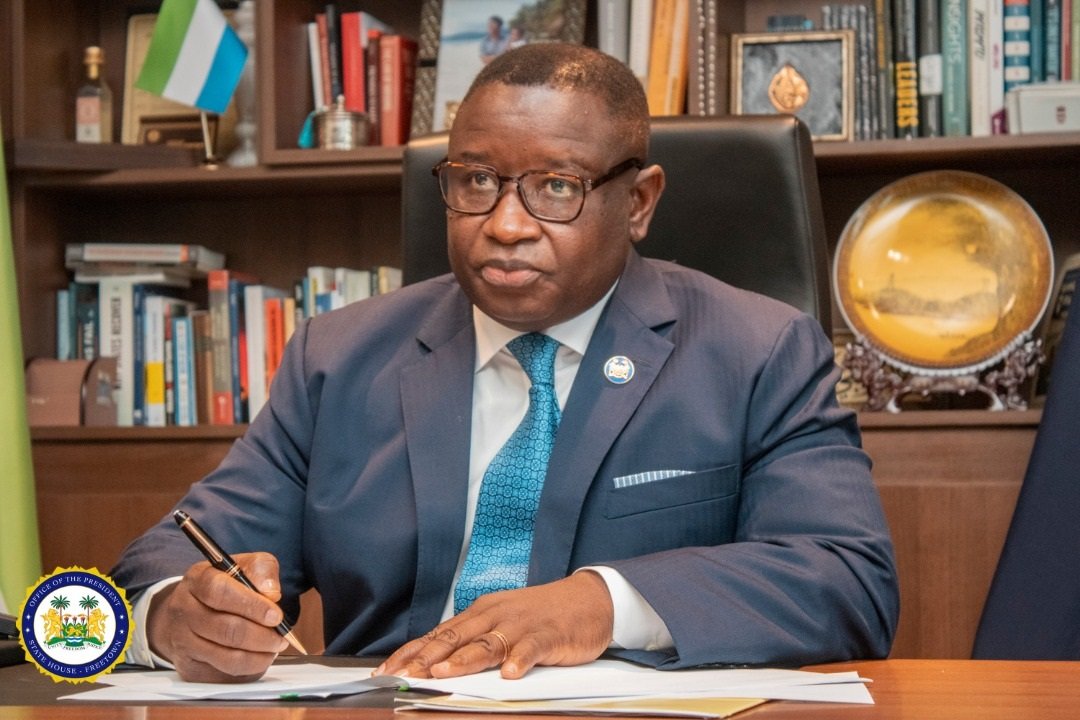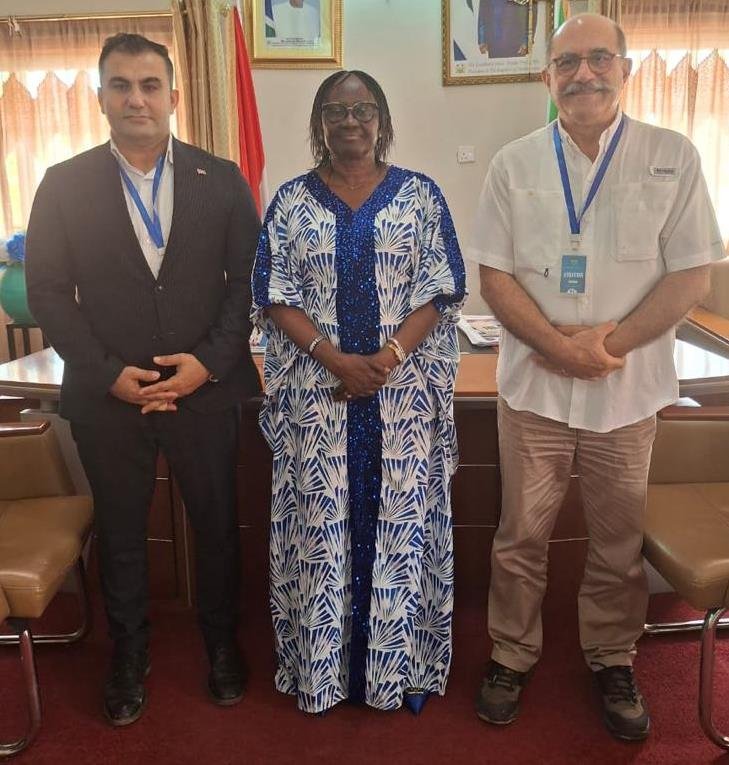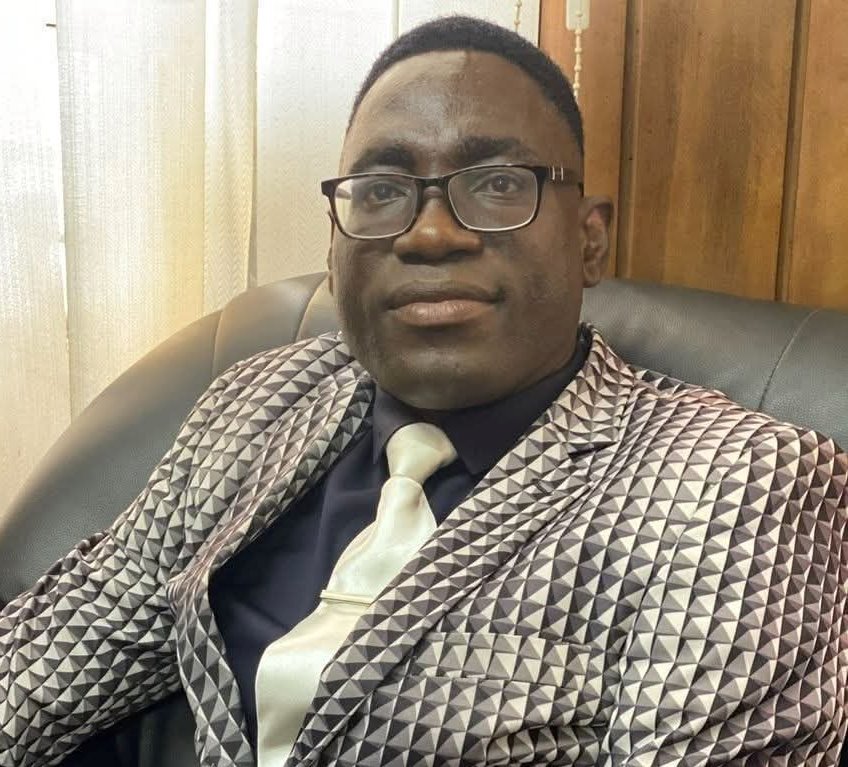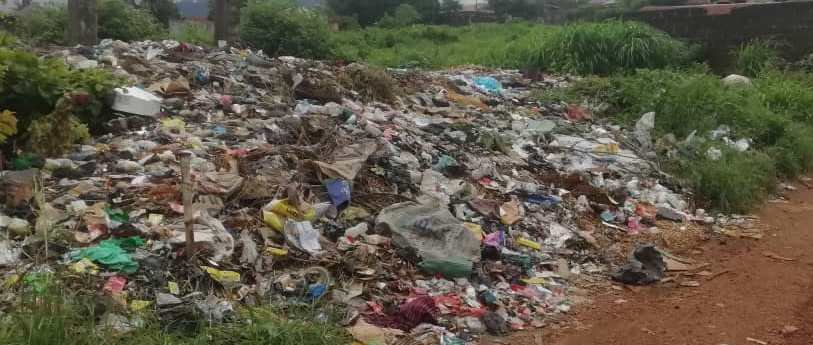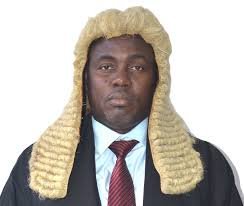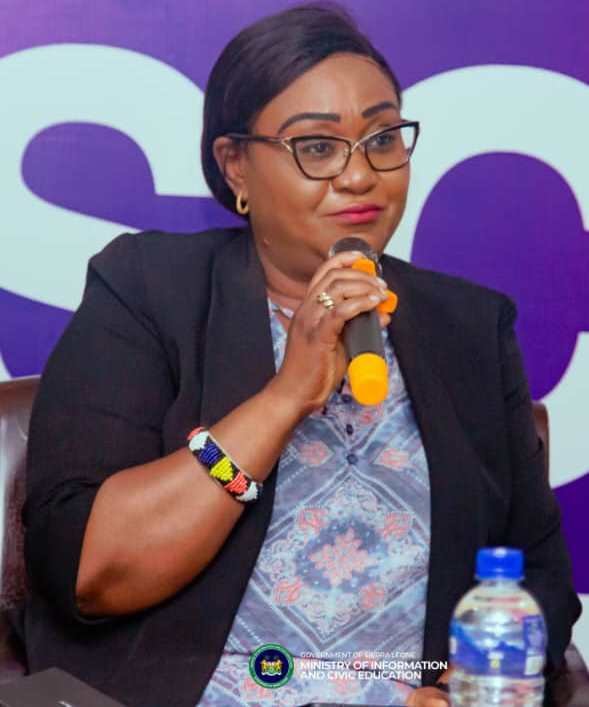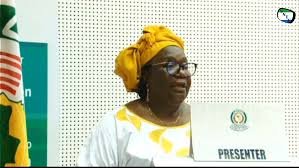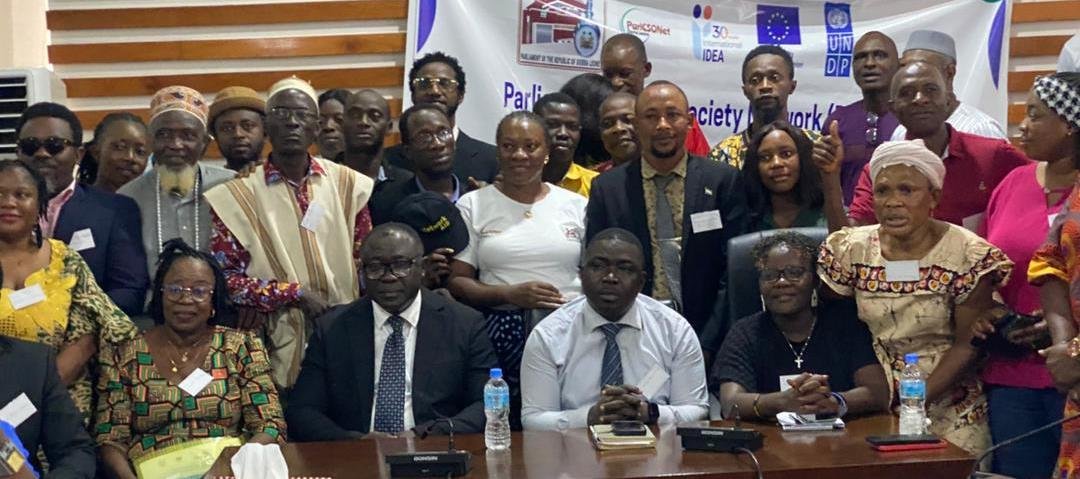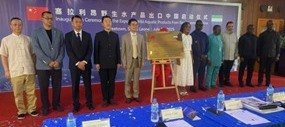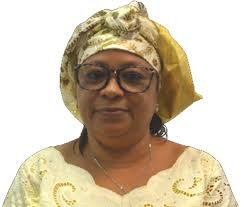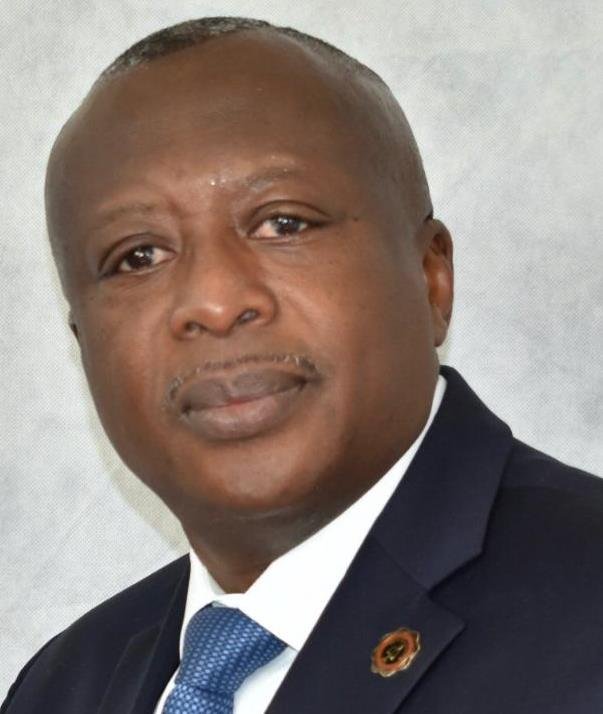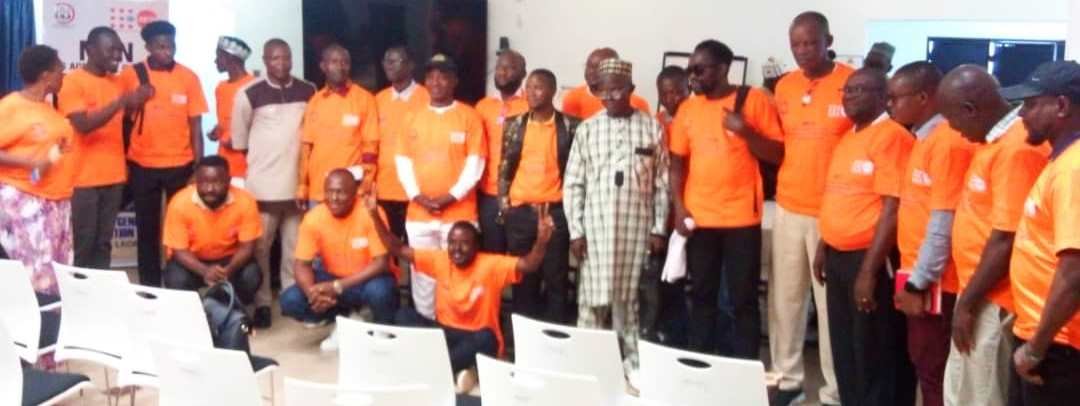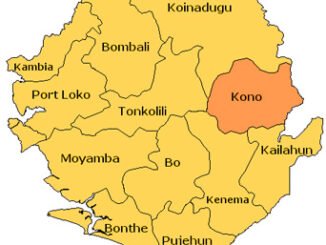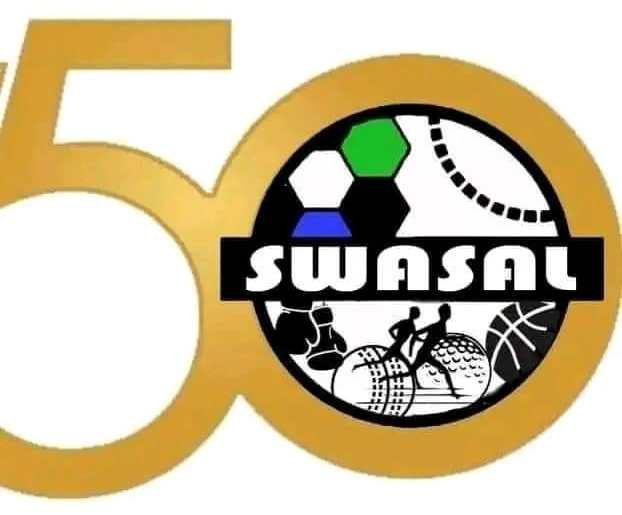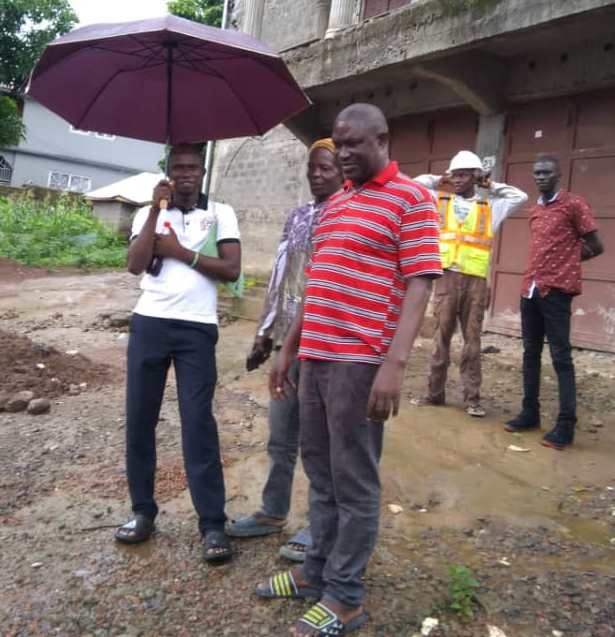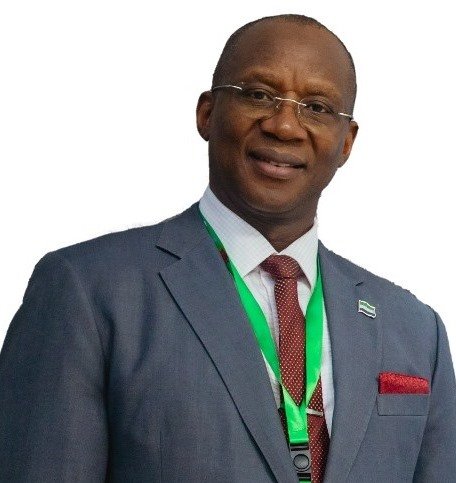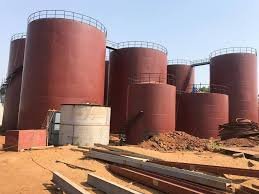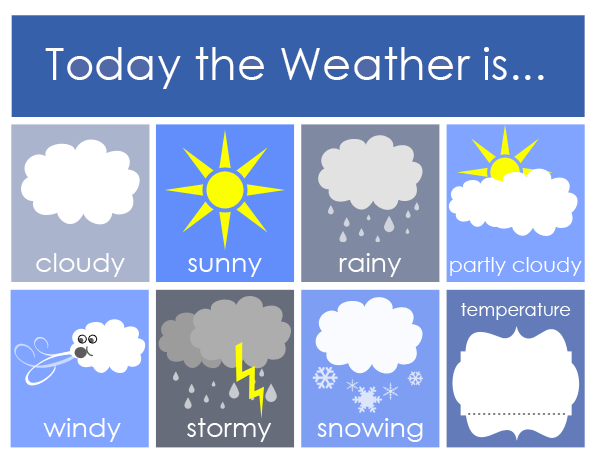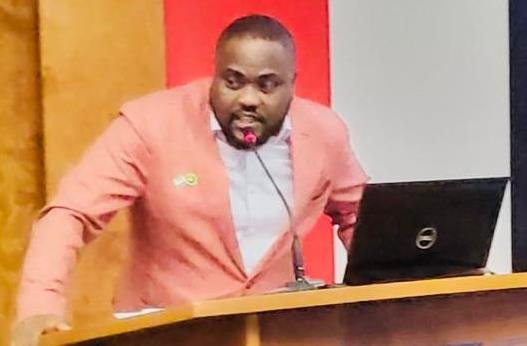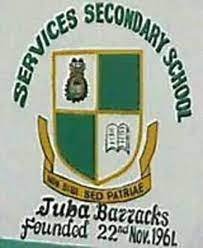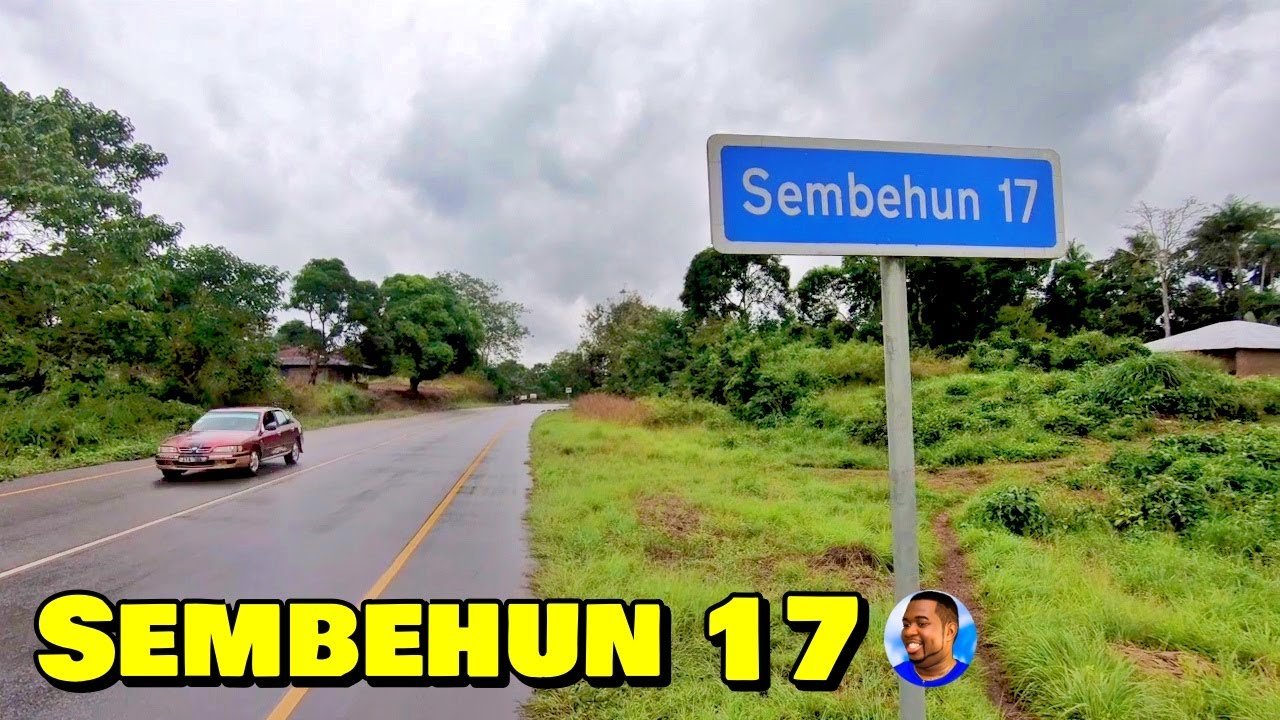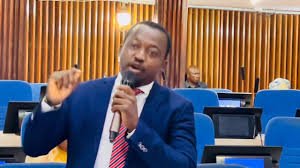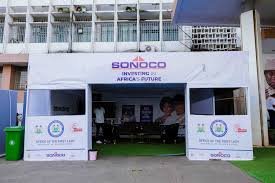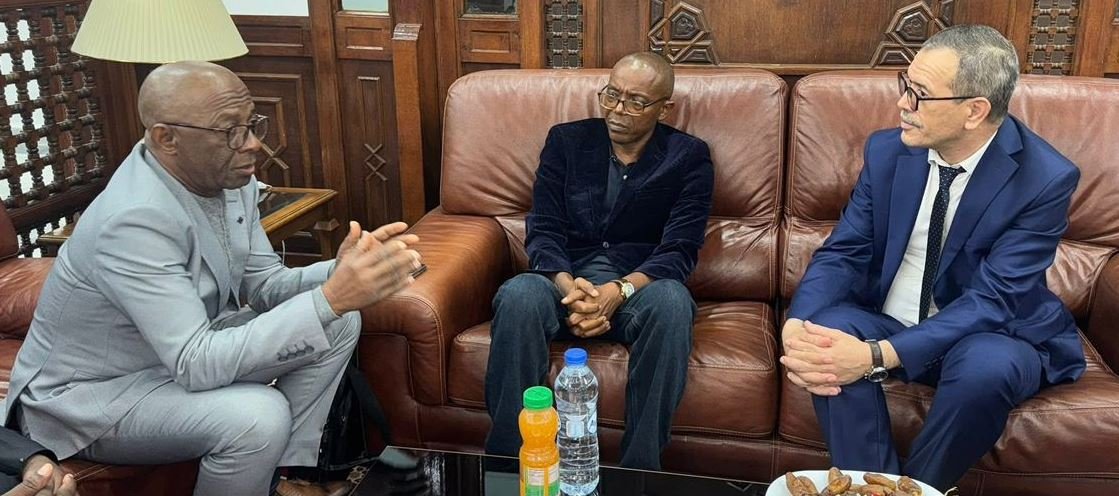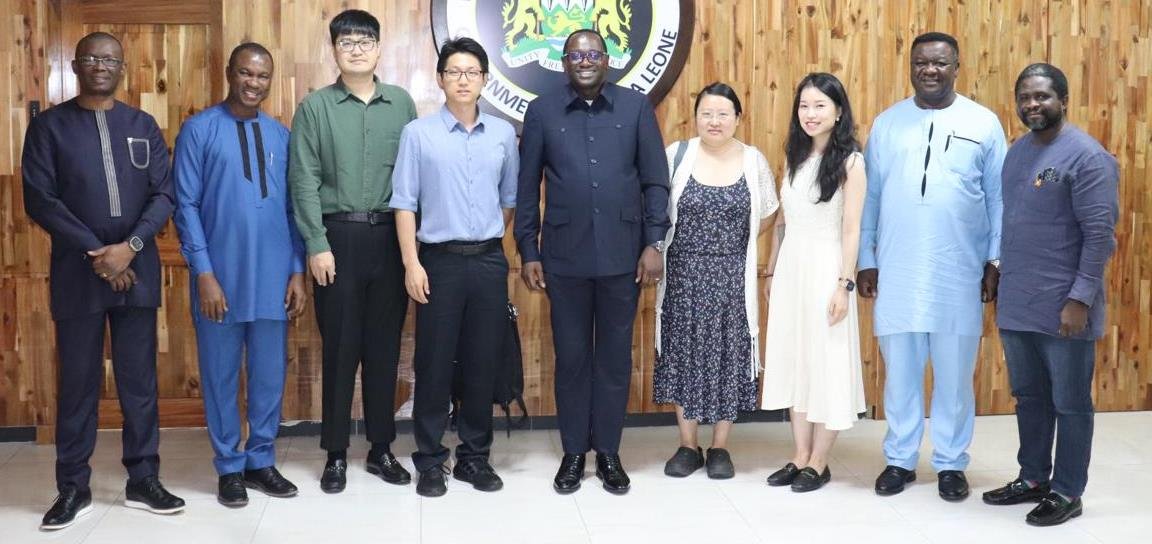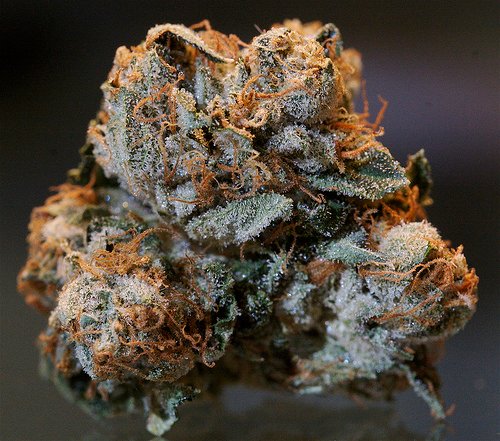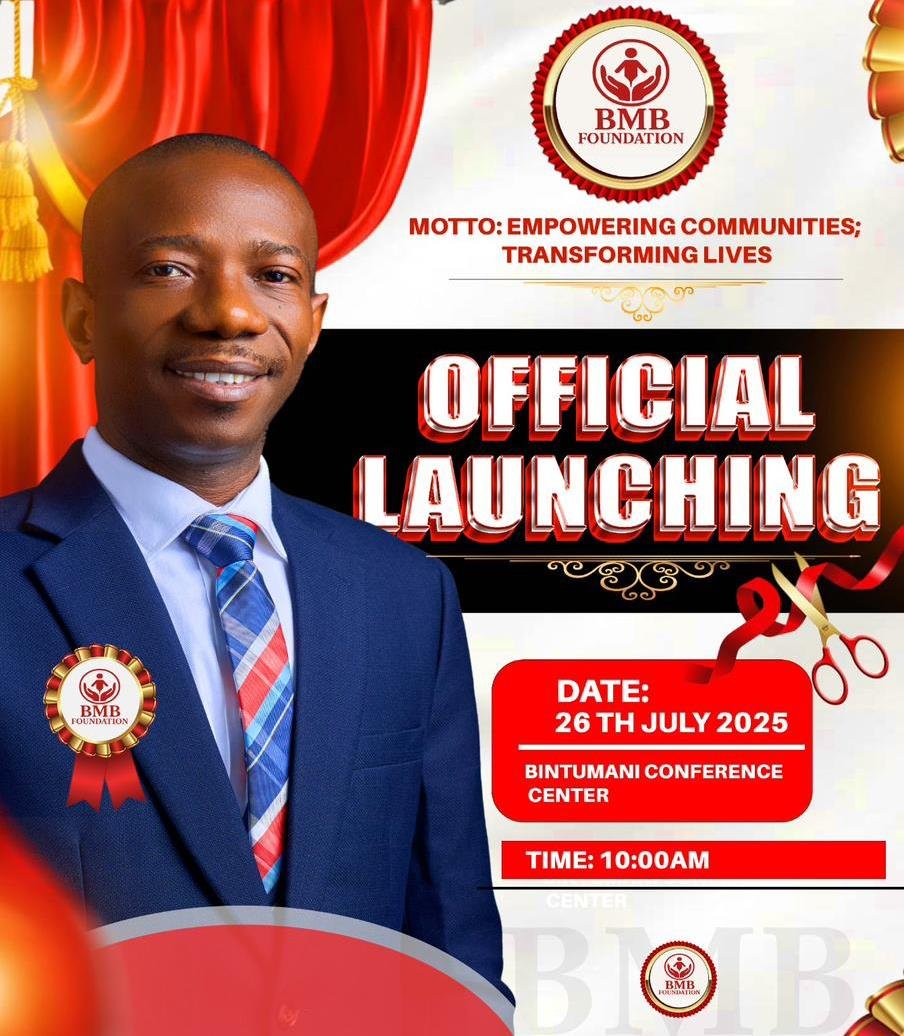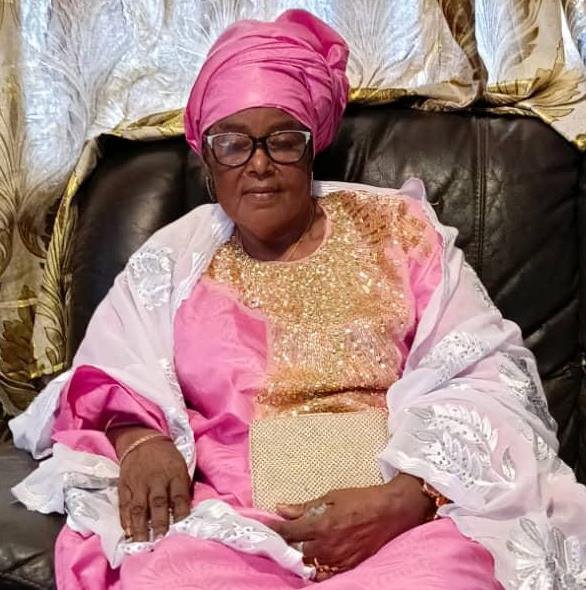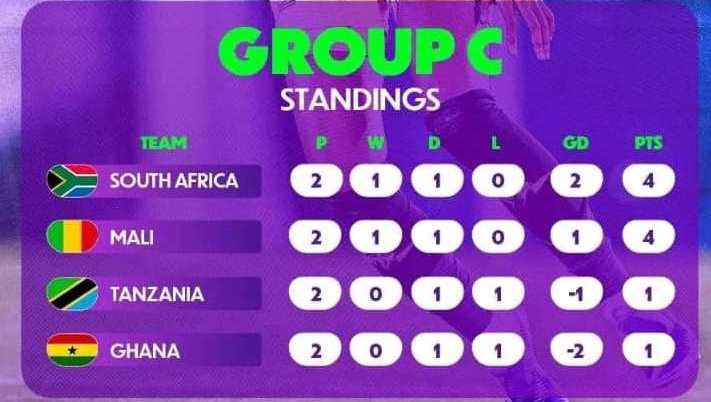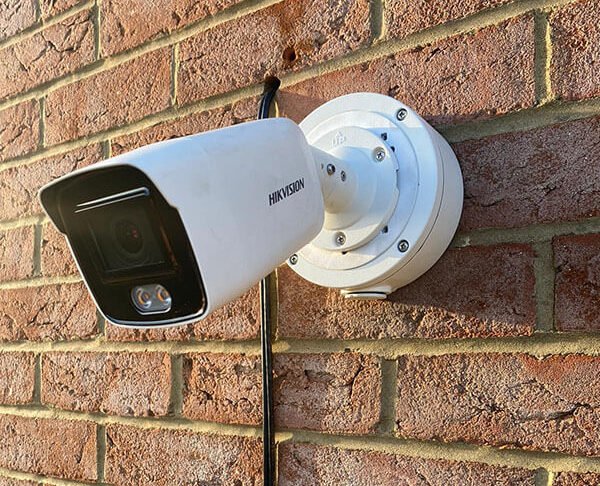By Ragan M. Conteh
During the weekly Ministry of Information and Civic Education press briefing held at the Miatta Conference Hall in Freetown, the Director General of the National Petroleum Regulatory Agency (NPRA), Mr. Brima Baluwa Koroma, offered a spirited defence of Sierra Leone’s evolving petroleum sector. He presented a progress report while pushing back against what he described as misinformation and unfair public scrutiny.
Koroma began by recalling the fragile state of the petroleum industry five years ago, where fuel stock levels hovered dangerously around 7–10 days, leading to constant disruptions, black-market activity, and long queues at stations. Fast forward to today, the sector, according to him, has achieved “stock balance stability” with up to 278,000 liters daily capacity and over 1.3 million liters of daily consumption being managed efficiently across the country.
He stated that the sector now contributes over 12% to domestic revenue, with steady year-on-year growth since 2018, even amid global economic turbulence. Investments in infrastructure including in Kenema, Bonthe, Kambia, and Port Loko have helped expand storage and access, while new licensing rules now mandate every fuel importer to maintain at least 25,000 metric tons of reserve stock, or face suspension.
Koroma stressed that under the new Petroleum Regulatory Act, the Agency now holds legal authority to enforce these reserve mandates and monitor fair pricing. He warned that operators who fail to comply with minimum balance requirements will be penalized. He also highlighted that the number of players in the sector has grown from 3 dominant importers to over 10 licensed operators, including youth-led and indigenous businesses.
However, he took direct aim at critics, media houses, and online commentators who, he argued, push half-truths that mislead the public and erode trust. “When we do good work, some people twist half-information to stir confusion. They cause panic, but the data doesn’t lie,” he said, referring to recent complaints over fluctuating pump prices.
He clarified that current retail prices of Le26 to Le28 per liter are not fixed by NPRA alone but result from external market shocks, particularly from geopolitical tensions in the Middle East and disruptions in the global oil supply chain. He emphasized that Sierra Leone’s open-market policy makes it susceptible to global crude dynamics and foreign exchange pressures.
Koroma also pointed out that although the Agency cannot control external price hikes, they have taken measures to ensure transparency in fuel meter readings, stock audits, and stable distribution. “We now monitor 10-meter pumps to ensure that if you pay for 10 liters, you receive 10 liters,” he said, noting that regulatory enforcement has significantly improved.
Despite the strides made, the Director General admitted that there are still structural challenges, including dependency on imports, old legislation, and infrastructure gaps. However, he insisted that the NPRA remains committed to reforms that protect consumers, stabilize the market, and encourage private investment.
His final message was clear: “Let us not use sentiment to disrupt a sector that is finally becoming accountable. The fuel market is responding to policy, not manipulation.”

